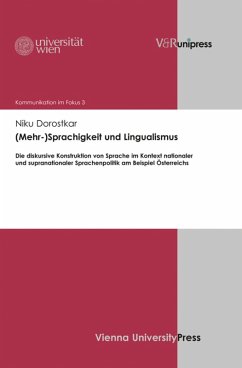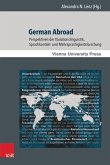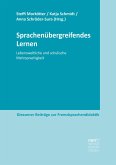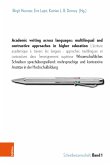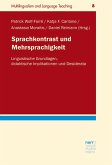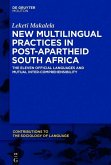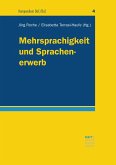>Multilingualism< has become one of the pivotal catchwords in a discourse which for several years has been spreading not only in the field of academics, but also in the public and private sphere, especially at the supranational European level. While the EU's language political communication efforts are aimed at the national level, the member states often seem to follow language political principles that differ significantly from those of the EU.With this perspective in mind and focussing on an Austrian case study, the present book investigates how and to what degree the EU's discursively conducted multilingualism policy is perceived at the Austrian national level. Furthermore, it pursues the questions of how language (in the sense of >Sprachigkeit< or >languageness<) is constructed discursively in politics, the media and among citizens in Austria. For this purpose, interviews with politicians, print media articles and focus group discussions are analysed following the discourse-historical approach with a focus on language-related nomination, predication and argumentation strategies.
Dieser Download kann aus rechtlichen Gründen nur mit Rechnungsadresse in A, B, BG, CY, CZ, D, DK, EW, E, FIN, F, GR, H, IRL, I, LT, L, LR, M, NL, PL, P, R, S, SLO, SK ausgeliefert werden.

